Only 1 in 4 People Over 50 Use a Mobile Health App – And They Tend to Be Healthier and Wealthier
Health Populi
FEBRUARY 10, 2022
use at least one mobile health app, and 56% of older people have never used one. Among seven mhealth tools, the most commonly-used is to track exercise. One in 3 older people who use a mobile health app do so for exercise, followed by nutrition (currently adopted by 22% of older folks), weight loss (for 20%), and sleep (17%).

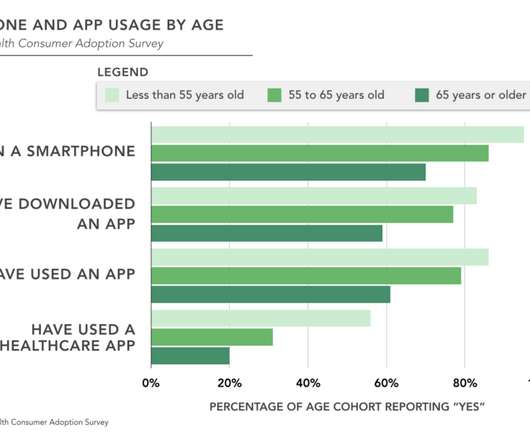

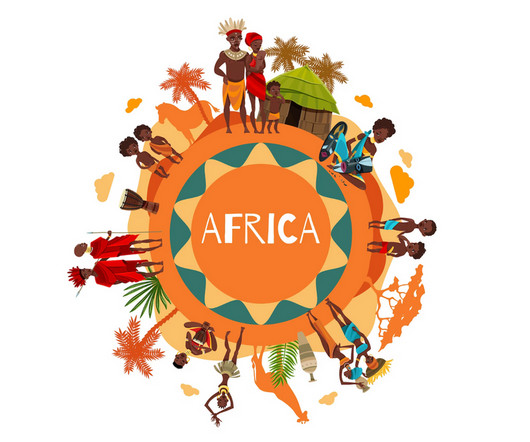
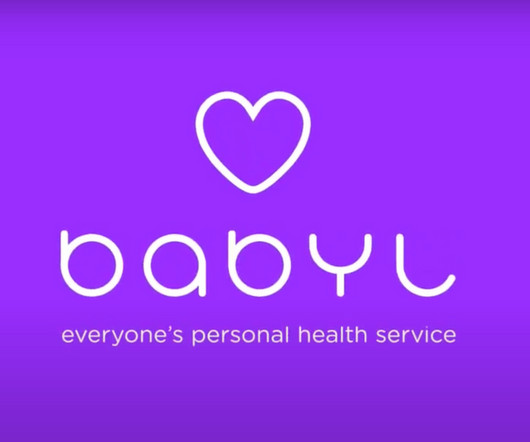

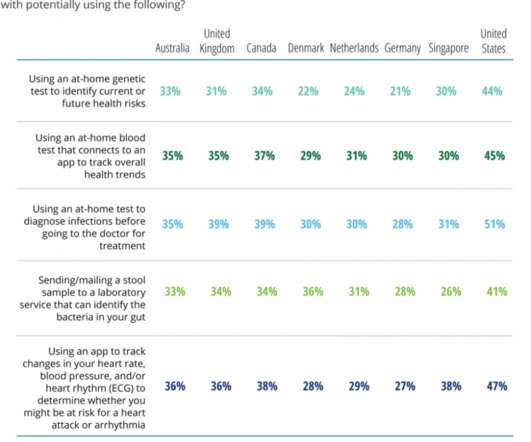
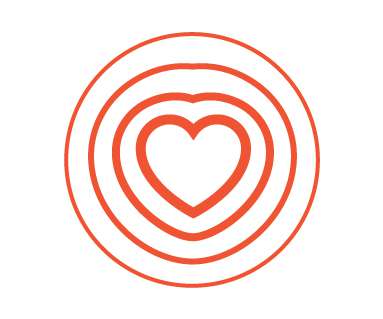



















Let's personalize your content